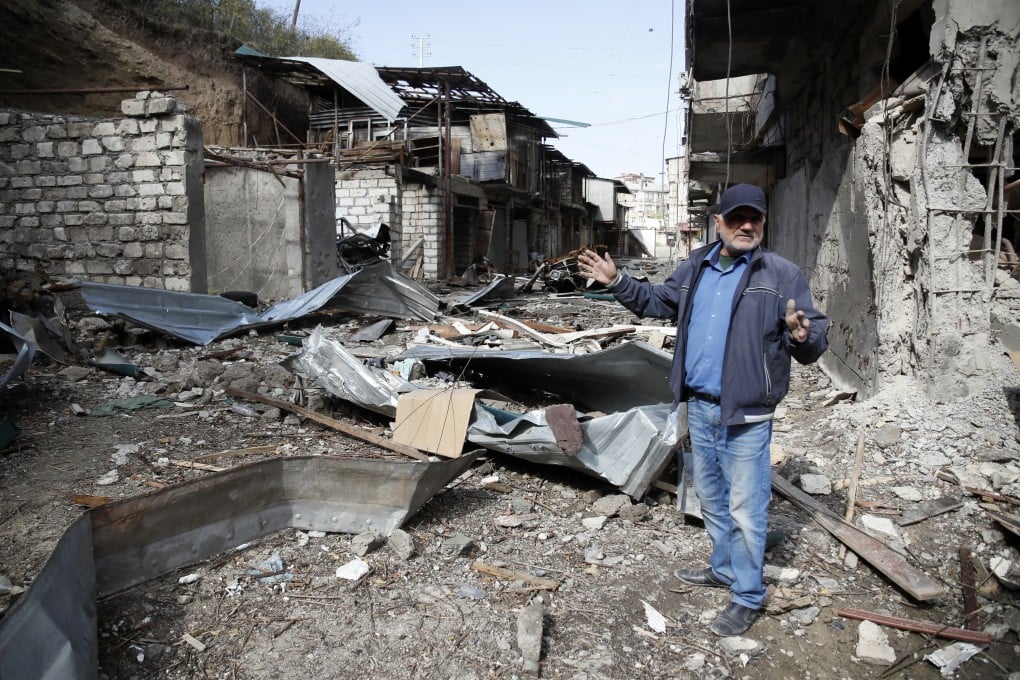Advertisement
Letters | Armenia-Azerbaijan conflict does not require China to take sides
- Armenia calls on the international community to support the mandated international format of negotiations: the co-chairmanship of the OSCE Minsk Group
Reading Time:2 minutes
Why you can trust SCMP

I refer to the letter “Why China must not stay neutral as Armenia and Azerbaijan clash again” (October 13). The Armenian community of Hong Kong was very disappointed with the omission of some key facts.
Nagorno-Karabakh has been populated by Armenians for centuries, as evidenced by the hundreds of churches and monasteries in the region, with some dating from the seventh century.
Advertisement
The recent dispute over control of the region dates from 1921. Soviet leader Josef Stalin, as part of his “divide-and-rule” policy throughout the Soviet Union, placed Nagorno-Karabakh, largely populated by Christian Armenians, within Soviet Azerbaijan, populated by Muslim Azeris.
Nagorno-Karabakh became an autonomous region within Soviet Azerbaijan, given a fair degree of self-rule. Over the next 70 years the people of Nagorno-Karabakh publicly and peacefully requested to be taken out of the Azerbaijani borders. Petitions were sent to Moscow in 1964, 1965, and 1987.
Advertisement
Advertisement
Select Voice
Choose your listening speed
Get through articles 2x faster
1.25x
250 WPM
Slow
Average
Fast
1.25x